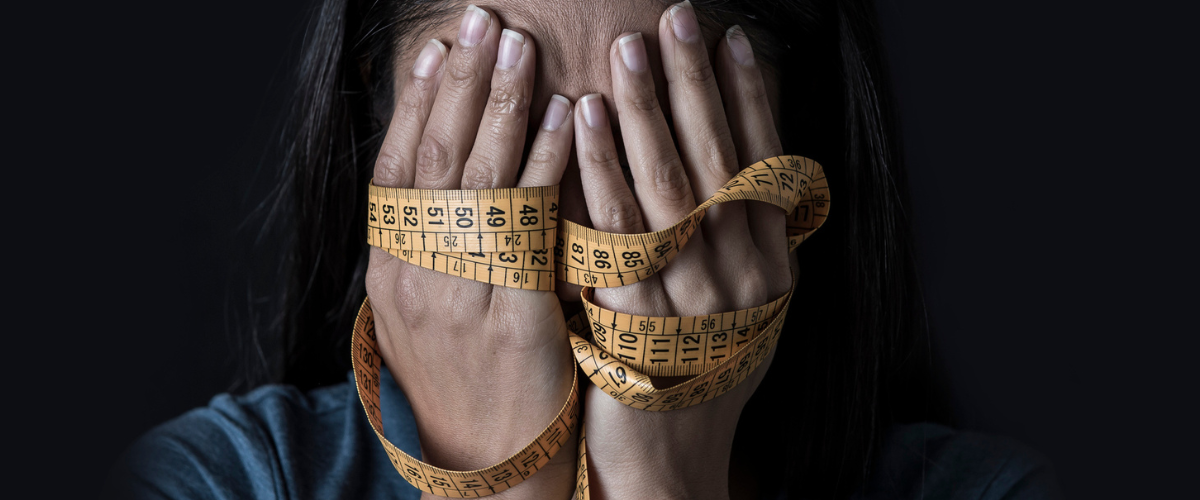We’ve all had that moment where we’ve looked in the mirror and disregarded what was right about our bod and focused on what was wrong – the belly that sticks out farther than it should, the muscles that aren’t well defined enough, the cellulite…
Both women and men tend to pick apart their bodies, and that’s okay once in a while, but when it becomes an obsession, that’s when you may want to examine if you’re nursing a nasty problem called body dysmorphia.
Body dysmorphia is a mental health condition where a person perceives flaws in their appearance that no one else sees. The issue can cause so much anxiety, stress, and depression that it can cause them to avoid social situations and even have suicidal thoughts.
One would think cam models wouldn’t have to worry about body dysmorphia. Afterall you’ve chosen to show your body to make money, so you must feel good about it right?
Not always.
Models can be even more prone to having body dysmorphia because your paycheck is partially dependent on your looks. On top of it, there’s a lot of beautiful people in the cam world, comparisons are bound to happen and that can make one over fixate on their own beauty.
How do you know if you’re not just hard on yourself or if you have actual body dysmorphia?
The Mayo Clinic lists several symptoms of the illness including “seeking cosmetic procedures but never being happy with the results, engaging in behaviors aimed at fixing or hiding the perceived flaw that are difficult to resist or control, such as frequently checking the mirror, grooming or skin picking, and a belief that others take special notice of your appearance in a negative way or mock you.”
If you find yourself saying, “that could be me,” there are ways to combat the problem.
According to the Mayo, the condition usually doesn’t improve on its own and can get worse with time so ignoring it is not an option. Read below for some suggestions to get you back to the place of loving and accepting the beautiful body you have.

- Though it may be embarrassing to talk about, confide in a loved one or close friend about your negative thoughts – just getting your feelings out can help.
- When you’re ready, follow up with a doctor or mental health professional to discuss what’s going on.
- Be open to trying different ways your therapist has to combat the issue.
- Journal about it.
- Meditate on seeing yourself as beautiful.
- Join a support group.
Disclaimer: This article is not meant to diagnose body dysmorphia, it’s meant to bring awareness.
For more thoughts check out this article from John Hopkins University and seek professional help if you find yourself obsessing over your body.
Photo credit: iStock.com/ocusfocus
Second photo credit: iStock.com/jacoblund
—
Alyssa Collins hails from Minnesota, where snowy days were the perfect excuse to stay warm inside and write. Over the years, she turned that joy into a career and has authored numerous articles for various publications (under pen names). Email Alyssa via alyssa@ynot.com.







